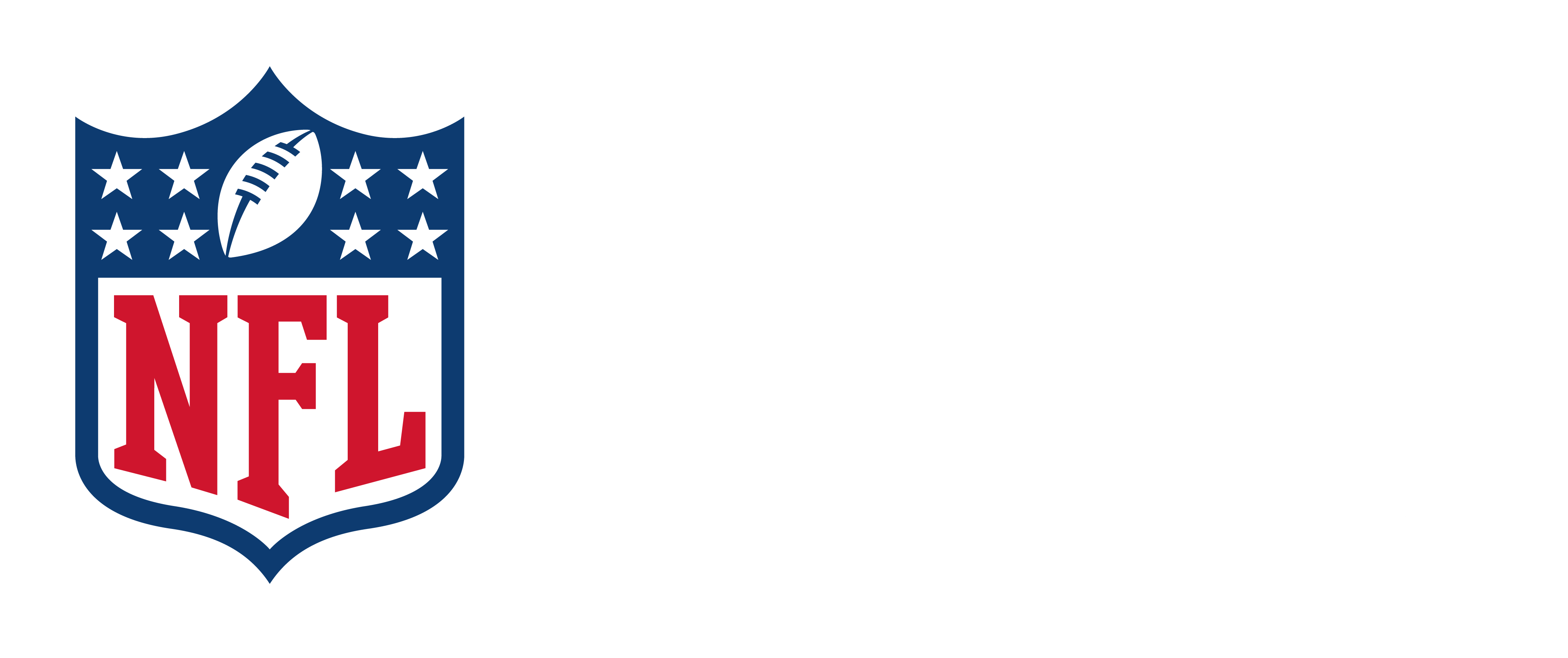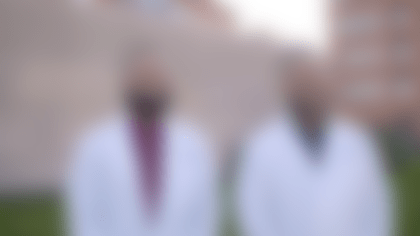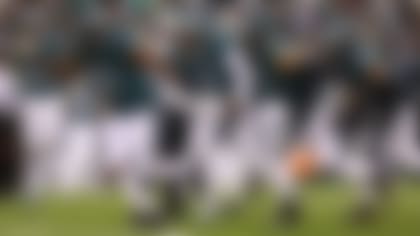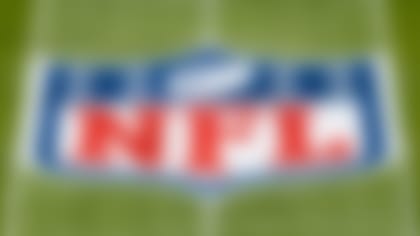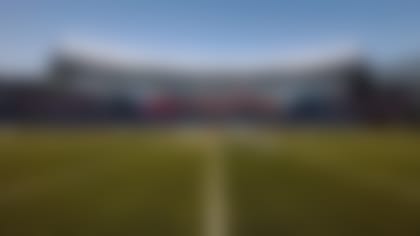Summary
Six research projects won financial awards because of their innovations to diagnose brain injuries and assess long-term chronic impact. Winners were named in the Head Health Challenge I, which is part of the Head Health Initiative, a four-year, $60 million collaboration between the NFL, GE and Under Armour to accelerate diagnosis and improve treatment for traumatic brain injury.
Research to Improve Public Health on the Sports Field
The Head Health Initiative is a joint grant project between GE and the NFL to spur innovations in health and safety technologies. It's an effort to address the current technical and scientific limitations in achieving better diagnosis of brain injuries and assessment of long-term chronic impact.
Current concussion diagnosis relies upon expert doctors working with a series of subjective criteria.
Their ability to reach an accurate diagnosis without access to objective tools or tests is a testament to their skills. Yet, even the best concussion specialist hopes for scientific advances that produce an easy-to-use test for concussive injury and recovery.
The first Head Health Challenge attempted to answer that request.
This Challenge invited proposals for "technologies and imaging biomarkers that address identification and management of subclinical and mild traumatic brain injury."
This might be innovations like a finger-prick of blood that can tell a doctor within minutes whether a patient has suffered a concussion.
Or it could be a device to measure alterations to normal brain waves that helps a doctor determine whether a patient needs further examination before being allowed to return to play or return to work and school.
First Winners
Six finalists in the Head Health Challenge I were chosen from a pool of more than 400 entries. Each project won $500,000 to advance their work:
- Banyan Biomarkers, Inc. in Alachua, Florida
They're working on a first-of-its-kind point-of-care blood test to rapidly detect the presence of mild and moderate brain trauma. This company is also collaborating with the University of Florida to analyze biomarkers, neurocognitive testing and neuroimaging on concussed athletes.
- BrainScope Company, Inc. in Bethesda, Maryland
These experts are developing urgent care, handheld electroencephalogram-based traumatic brain injury detection technology.
- Medical College of Wisconsin in Milwaukee, Wisconsin
MCW is innovating magnetic resonance imaging (MRI) scanning technology to determine the effects of sports-related concussions on brain structure and function. The school is also conducting a study to advance more objective ways of diagnosing concussion and judging ability to return to play.
- The University of California, Santa Barbara (UCSB) in Santa Barbara, California
UCSB is creating novel software tools for determining if connections that transmit information across different parts of the brain are damaged after head injury. It's using state-of-the-art MRI in the UCSB Brain Imaging Center's laboratory to determine areas of the brain that may become disconnected due to information transmission loss after injury.
- The University of Montana in Missoula, Montana
Researchers are identifying blood-based biomarkers that indicate how the brain reacts following a traumatic brain injury.
- Quanterix in Lexington, Massachusetts
This company is developing a simple blood test to aid in the detection of traumatic brain injury. Their method uses digital immunoassay technology to measure biomarkers of brain injury in the blood.
